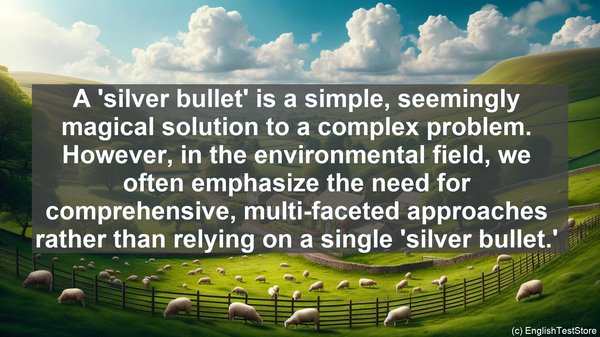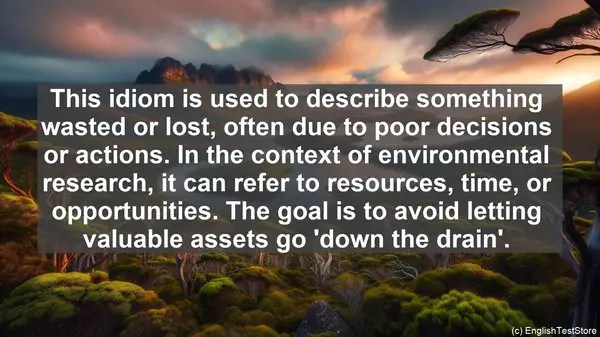Introduction: The Power of Idioms
Today, we’re diving into the fascinating world of idioms. These expressions add color and depth to our language, and they’re especially useful when it comes to specific fields. If you’re an excavating machine operator or simply interested in the construction industry, this lesson is for you. We’ve compiled a list of the top 10 English idioms that perfectly capture the essence of your work. So, let’s get started!
1. Dig Deep
When we say ‘dig deep,’ we’re not just talking about physical excavation. This idiom means to delve into something thoroughly, to explore its depths. As an excavating machine operator, you’re not just moving dirt; you’re uncovering history, shaping landscapes, and making way for progress. So, remember to ‘dig deep’ in your work and in your studies, always seeking a deeper understanding.
2. Lay the Groundwork
Before any construction project begins, there’s a crucial phase: laying the groundwork. This idiom refers to the essential preparation that needs to happen before the actual work can commence. It’s about creating a solid foundation, both literally and figuratively. As an excavating machine operator, you’re often at the forefront of this stage, ensuring that the site is ready for the next steps. So, in your own life, remember the importance of ‘laying the groundwork’ for success.
3. Hit Rock Bottom
In excavation, you encounter all sorts of materials, and sometimes, you hit rock bottom. This idiom, however, has a different meaning. It refers to reaching the lowest point, often in a metaphorical sense. It’s a challenging place to be, but it can also be a turning point. From there, the only way is up. So, if you ever feel like you’ve ‘hit rock bottom,’ remember that it can be the start of a new chapter, a fresh beginning.

4. Smooth Operator
Being an excavating machine operator requires skill, precision, and finesse. You’re not just operating heavy machinery; you’re doing it with grace and efficiency. That’s where the term ‘smooth operator’ comes in. It’s used to describe someone who handles things effortlessly, who’s in control. So, strive to be a ‘smooth operator’ in your work, mastering the machines and the art of excavation.
5. Break Ground
Every construction project starts with a groundbreaking ceremony. It’s a symbolic act, but it also represents the beginning of something tangible. When we use the idiom ‘break ground,’ we’re talking about starting a new endeavor, taking that first step. As an excavating machine operator, you’re often the one physically ‘breaking ground,’ setting things in motion. It’s a powerful role, one that signifies progress and transformation.
6. On Solid Ground
In the construction industry, stability is crucial. You want to be ‘on solid ground,’ both literally and metaphorically. This idiom means being in a secure and reliable position. It’s about having a strong foundation, whether it’s for a building or a project. As an excavating machine operator, your work contributes to creating that stability, ensuring that everything is ‘on solid ground.’
7. Move Mountains
Sometimes, a construction project seems impossible. It’s a massive undertaking, and it feels like you’re trying to ‘move mountains.’ This idiom refers to accomplishing something that’s extremely challenging. It’s about overcoming obstacles, defying the odds. And as an excavating machine operator, you do just that. You’re the one who can literally move mountains, reshaping the landscape. It’s a testament to the power of human ingenuity and determination.

8. In the Trenches
Excavation often involves digging trenches, and when we say someone is ‘in the trenches,’ it means they’re in the thick of the action, doing the hard work. It’s a term that’s often used to describe someone who’s hands-on, who’s not afraid to get their hands dirty. As an excavating machine operator, you’re not just overseeing; you’re also ‘in the trenches,’ actively shaping the terrain.
9. Raise the Bar
In any industry, there’s always room for improvement. And when we want to set higher standards, we ‘raise the bar.’ This idiom means to set a new, more challenging goal. As an excavating machine operator, you can constantly strive to ‘raise the bar’ in your work, seeking new techniques, and embracing innovation. It’s about pushing boundaries and always aiming for excellence.
10. The Big Picture
In the midst of the excavation process, it’s easy to get caught up in the details. But it’s important to also see ‘the big picture.’ This idiom refers to having a broader perspective, understanding the overall goal. As an excavating machine operator, you’re not just moving earth; you’re part of a larger project, a grand vision. So, while attention to detail is crucial, don’t forget to also step back and appreciate the magnitude of your work.
Conclusion: Language as a Tool
And there you have it, the top 10 English idioms for excavating machine operators. These expressions not only enrich your vocabulary but also provide insights into the world of construction and excavation. Remember, language is a tool, and by mastering it, you’re enhancing your capabilities as a professional. So, keep exploring, keep learning, and let these idioms be a part of your linguistic arsenal. Thanks for watching, and see you in the next lesson!


















